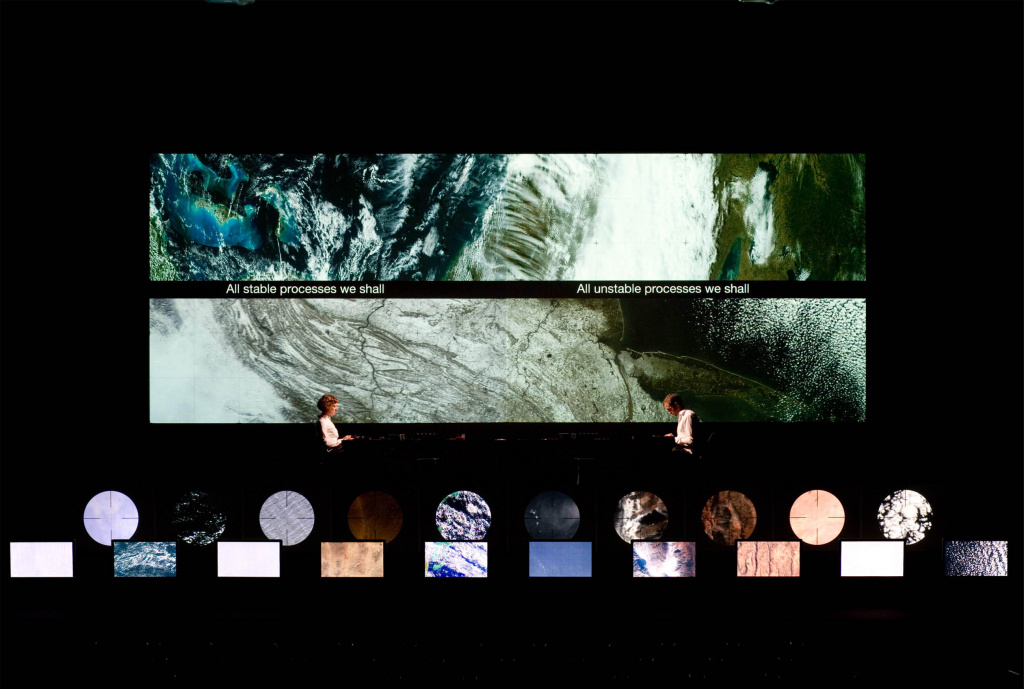superposition explores a new notion of information: quantum information.
The language of classical information is BIT (binary digits) — 0 or 1, which is the most fundamental building block of our judgement and logical thoughts.
The language of quantum information is QUBIT (quantum binary digits) — 0 and 1 superposed at the same time, which is a new way for us to capture the truth of nature at an extremely small sub-atomic scale — such as behaviors of photons or electrons.
When we try to observe a sub-atomic particle we cannot know both its position and its speed at the same time. Once we observe the position, we understand the information of the position but lose that of the speed. Before we observed the position, the single sub-atomic particle was actually located at all possible positions simultaneously, which is the so-called “superposition state.” In short, our observation fixes the position. It is unbelievably counterintuitive and is beyond our human comprehension. No one can know the very nature of nature. On such an extremely small scale, we can know only a single value of a single parameter from the infinite facets of nature.

BIT is digital. QUBIT is analog — analogous to nature. BIT is discrete. QUBIT is continuous — a continuum. Quantum computing is to read how sub-atomic particles behave by means of the language of QUBIT; i.e. Nature computes. We decipher it.
Nature is always here and there. We forcefully try to understand and demystify the nature of nature by means of our scientific knowledge, but we’re also part of nature, nature is unthinkably vast — from an atom to the universe. Some esoteric codes will remain secret and beyond human comprehension, perhaps forever.
superposition is inspired by all these thoughts and is foolhardily and quixotically aiming to explore the new kind of information through art.
Text: Ryoji Ikeda

